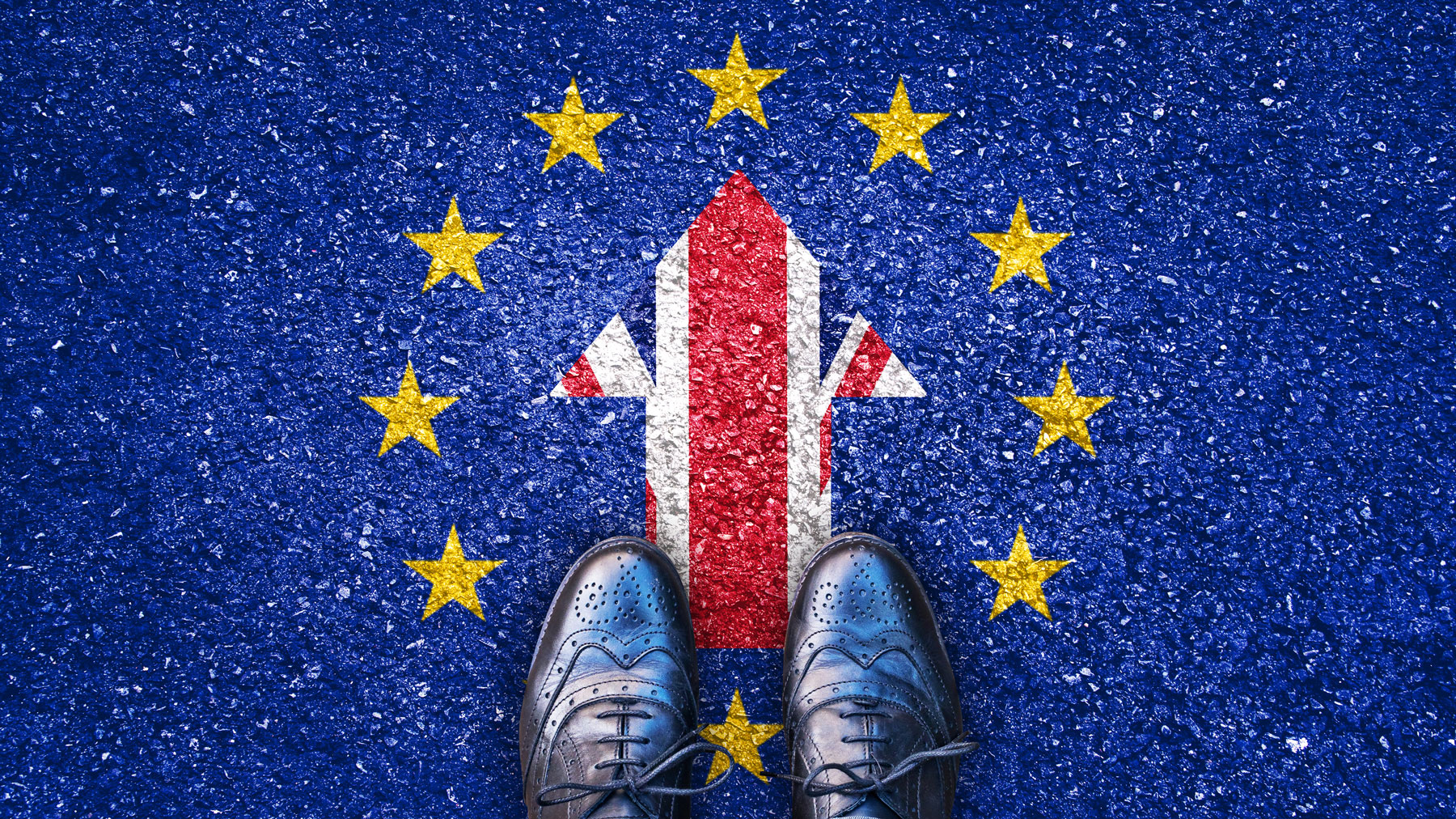
If the British voters choose to leave the EU on the 23rd of June big changes will take place, both in a large perspective and in a more direct way. What would be the consequences for Sweden? Erik Lagerlöf, who is a senior associate at Vinge with a particular interest in EU and international law, explains some of the issues involved.
Erik Lagerlöf: "One may assume that Sweden will be one of the Member States affected the most in the event of a British exit from the EU, partly because of the potential loss of the most prominent non-Eurozone Member State and partly because of the strong cultural links, demonstrated in various ways and at different levels, with the UK."
Erik Lagerlöf: "Although the immediate aftermath of a decision to leave the EU is predictable insofar as the Lisbon Treaty contains provisions on exit, the process surrounding a potential exit is to some extent uncertain. Negotiations concerning on what terms the UK would withdraw from the Union would not start until the UK notifies its intent to withdraw to the EU. This means that the process does not start on 24 June, even if the British voters would vote to leave on 23 June."
Erik Lagerlöf: "There is a time limit of two years after a notification to leave for the withdrawal negotiations. This time limit can be extended, but only if the UK and the remaining 27 Member States agree to do so. In any event, a speedy exit procedure, where a new agreement and relationship with the EU must be agreed upon, is unlikely. Considering the complexity of the matter, it is probable that the predicted period of two years would not be sufficient."
Erik Lagerlöf: "During the necessary period for negotiating, signing and ratifying a withdrawal treaty between the UK and the EU, the UK would remain a Member State of the EU and EU rules would continue to apply also to the UK."
Erik Lagerlöf: "What the likely options for a relationship between the UK and the EU are, that is on what basis Sweden would trade with the UK, is to a large extent uncertain. There are currently no realistic proposals concerning what kind of an agreement that would regulate the relationship between the UK and the EU if the British decide to leave. It is therefore difficult to predict what might follow in the aftermath of a British withdrawal."
Erik Lagerlöf: "A decision to leave has the potential to have great consequences for a Swedish company with any interest in the UK or otherwise engaged in a relationship with a UK based company. All areas where EU law is relevant, which means most areas that are relevant for businesses, would be affected. For example, this means that a withdrawal would have an effect on rules concerning intellectual property (what to do with trademarks?), public procurement, competition law, state aids, consumer protection, discrimination law, regulatory law within telecommunication, pharmaceuticals and the banking industry, direct and indirect taxation (VAT) and so forth."
Erik Lagerlöf: "A decision to stay within the EU would also affect the future cooperation within the Union. The agreement concluded by all EU Member States in February this year, concerning the British ambitions to push for a change within certain areas in the European Union, is significant. In particular, the agreement concerning economic governance, that is how to protect the rights of the non-euro EU Member States , and the focus on a more effective, less bureaucratic and more competitive EU should be emphasised. These changes are likely to be positive for Swedish companies."
Erik Lagerlöf: "Swedish companies ought to be aware of and take into account the new rules that would come into force if the UK stays in the EU. The mentioned changes to the economic governance of the EU and the protection of non-euro Member States could have some impact on trade with certain financial instruments for example. A decision to remain within the EU would also spark important reforms with a view to a more competitive Union and Swedish companies ought to make their voices heard in order to have their say on what changes they would like to see. What EU rules ought to change and what can be developed further? Swedish companies have an important role to play in these matters."
Erik Lagerlöf was one of the speakers at the seminar After the Referendum, arranged by Vinge and the British-Swedish chamber of commerce, on Grand Hotel in Stockholm the 17th of May.